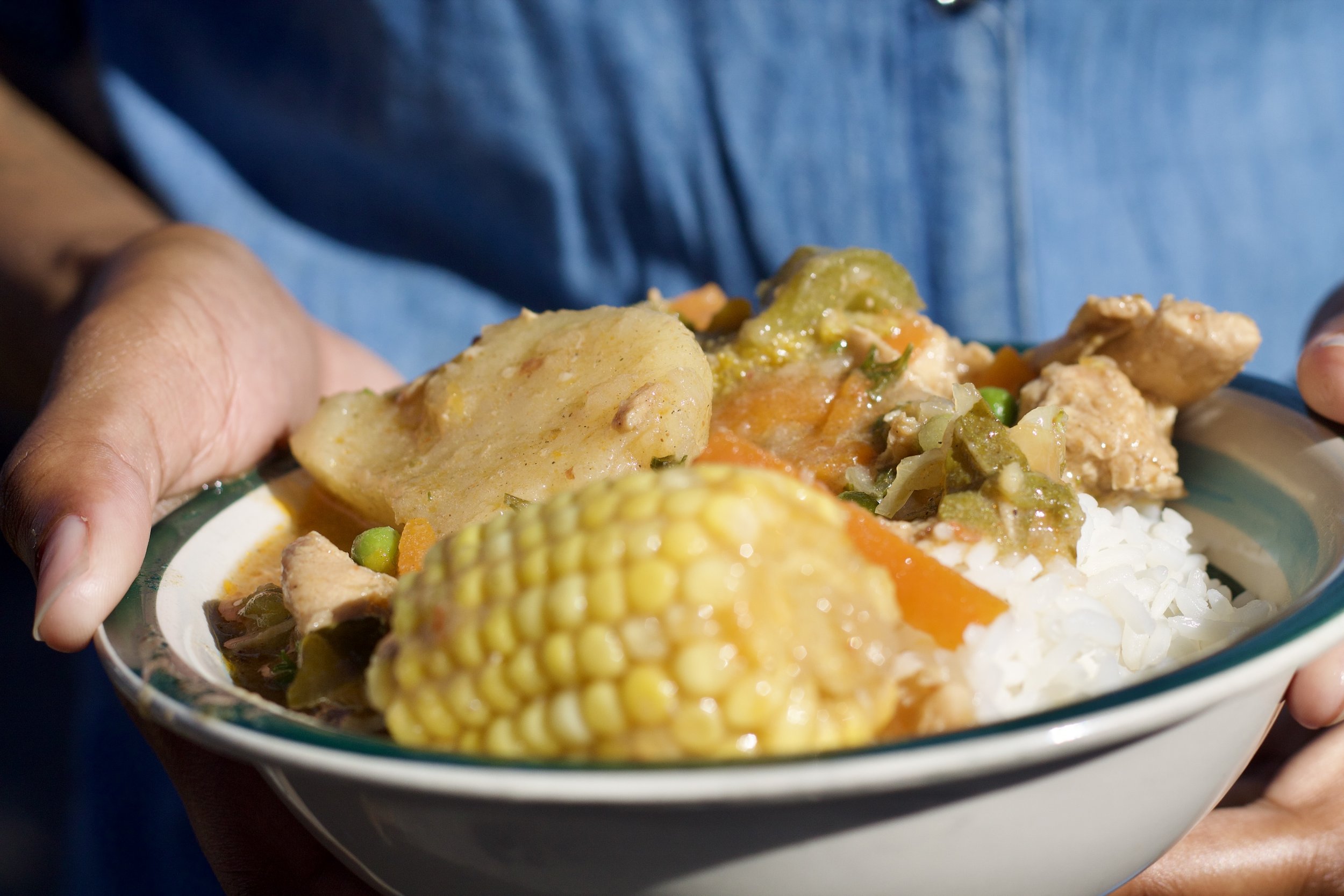
Feeding Scheme
How Did We Start?
The Feed Scheme programme started off with a collection of funds amongst family and friends to purchase +_38 food parcels to support the dire food shortages in the area of Manenberg. When the looting of basic foodstuff took place from 14-17 April 2020 due to the shortage of food in the Manenberg area this support pivoted to cooking and issuing hot meals to the most vulnerable beneficiaries at two kitchens located in areas of need. This operation has expanded and now resources 11 kitchens located across the Cape Flats.
Despite a constrained budget, Generosity for Humanity issued nearly 500,000 hot meals from 16 April 2020 (week 3 of lockdown) to the end of December 2022, of which most of the recipients were children and the elderly. Some of the GFH kitchens were beneficiaries of the Violence Prevention through Urban Upgrading (VPUU) Food Co-ordinator vouchers in 2020 and 2021, which made it possible for them to supplement the cost per meal to obtain the feed count that is presented above. The halt in funding has made the NPO review and tighten operations.
The increased fuel and food prices forced GFH to revise strategies to provide nutrition and at the same time keep prices low. Cooks now cook food with less cooking oil, protein is minimized to chicken, and use of legumes as a protein alternative. All kitchens cook according to a schedule producing 14 pots of food in one cook cycle. Twelve meals are cooked with chicken while 2 meals are vegetarian. Eating meat is culturally part of the communities in which GFH operates, hence the transition to vegetarian meals is a slow process. The gas usage is also on a 14-pot cycle and only replenished within 8 weeks. With constrained funding support, these tight measures are put in place as a means of survival and sustainability.
Feeding Schemes Locations
Manenberg: Mathilda Court, Tagus Road, Madge Court and Central Kitchen (4)
Hanover Park: Turfburg and Surburg (2)
Gugulethu: Lwazi Park, Polar Park, Thambo Square (3)
Nyanga: Mau Mau (1)
Delft: Block A & B (1)
Where Are We Serving And Under What Conditions?
Footprint in 5 areas, Cape Flats, Western Cape, 11 feeding sites.
Community Safety statistics show that the areas of Nyanga, Delft, and Gugulethu are in the top ten with the highest counts of murders consecutively in 2017, 2018, 2019, and 2020.
Hanover Park is one of the top five precincts where the most murders were reported in 2018 and 2019.
Manenberg is in the top 10 of gang-related murder and attempted murder, illegal possession of firearms, and ammunition in 2019/2020.
The above areas are rife with the drug trade, prostitution, organised crime, elimination of witnesses and extortion, gang violence, and drug-related crimes.
Child poverty is a scourge on the Cape Flats. A 2020 report released by Statistics South Africa, Child poverty in South Africa: A Multiple Overlapping Deprivation Analysis states that more than 6 out of 10 (62,1%) children aged 0–17 years were multidimensionally poor. A child is said to be multi-dimensionally poor when they are living in households where they are deprived of at least three out of seven dimensions of poverty (Health, Housing, Nutrition, Protection, Education, Information, Water, and Sanitation).













